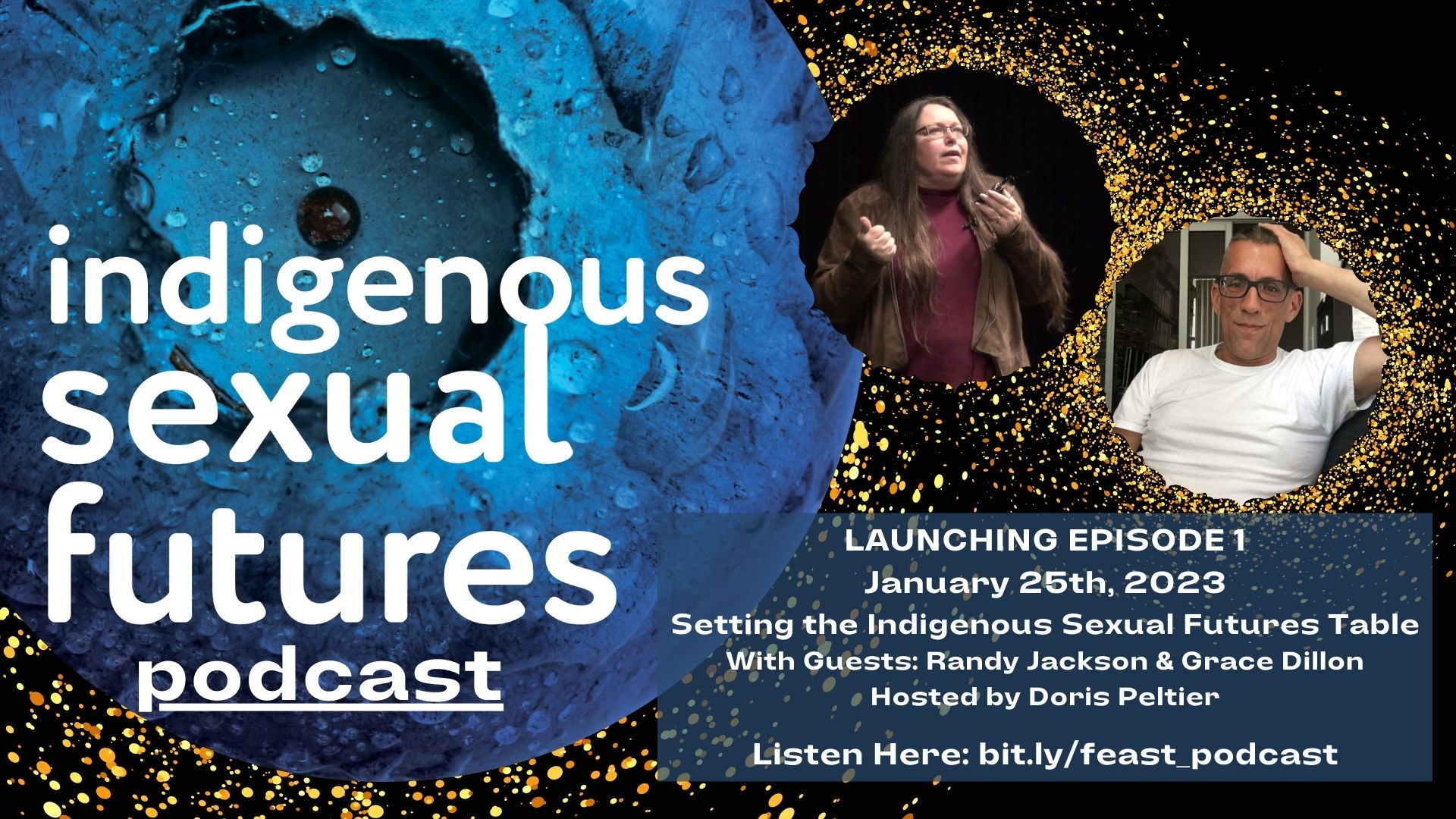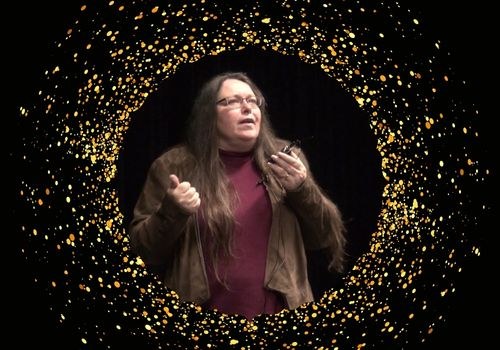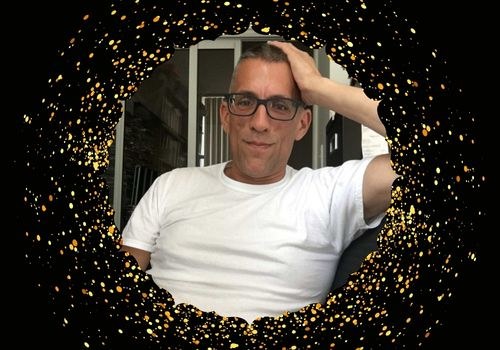Episode 1
Episode 1: Setting the Indigenous Sexual Futures Table

In Episode One, Doris speaks with Randy Jackson and Grace Dillion about how Indigenous Futurisms is integral to Indigenous sexual futures. Indigenous Sexual Futures is a term coined by the Feast Centre that delineates a vision for tomorrow’s grandchildren that is sexually expansive, healthy, and safe. We consider Indigenous futurisms as foundational to the work we do at the Feast Centre for Indigenous STBBI Research moving forward. In the last decade, the Indigenous research community has embedded strengths-based approaches and are already leading the way into the future by prioritizing Indigenous ways of knowing and being in how we conduct research. The Anishinaabe word ‘biskaabiiyang’ is an Anishinaabe concept of ‘returning to ourselves’ and is now widely used as a replacement word for decolonizing the tremendously important work of Indigenous Futurisms. As a fluent Anishinaabe speaker, this word has a deep resonance for Doris, and she hopes it resonates for all of you listeners too. Kwa’Nu’Te, sung by Elder Catherine Martin. Intro and extro Anishinaabe language spoken by Elder Gayle Pruden.

Dr. Grace Dillon

Dr. Randy Jackson
Transcript of Episode 1
Acknowledgements
We would like to acknowledge the following for their contributions towards Episode 1 of Indigenous Sexual Futures
Guests
Dr. Grace Dillon & Dr. Randy Jackson
Kwa’Nu’Te - Ceremonial Song
sung by Elder Catherine Martin
Host Storyteller/Producer
Doris Peltier
Technical Producer
Paula Burrows - Jupiter Productions
ISF Theme Music and Creative Sound
Cozmic Cat, Classic Roots, Elder Gayle Pruden
Indigenous Knowledge Advisory
Feast Centre Council of Elders and Gathering Lodge Committee
Executive Producers
Feast Centre Co-Leads - Randall Jackson & Renée Masching
Feast Centre Staff
Will Gooding (National Director), Catherine Booker (Research Coordinator), Miranda Black (Research Coordinator) and Doris Peltier (Community Engagement Coordinator)
Podcast Branding Design
Compassion Creative
Podcast Web Development
Catherine Booker
Marketing & Promotion
Miranda Black
Feast Centre Research Assistants
For reading and summarizing articles on Indigenous Futurisms
We acknowledge our funders
Canadian Institutes of Health Research
Indigenous Sexual Futures is produced on the ancestral lands of the Mississauga and Haudenosaunee nations within the lands protected by the Dish with One Spoon wampum. We acknowledge the ancestors of this territory, and we also acknowledge the lands and territories of all our guests.